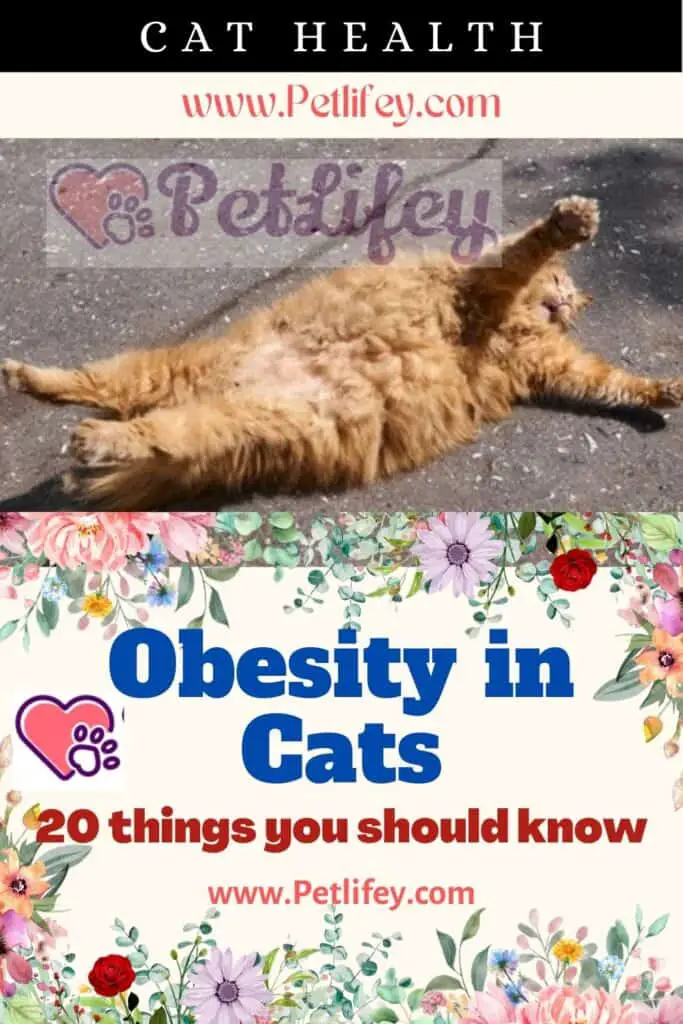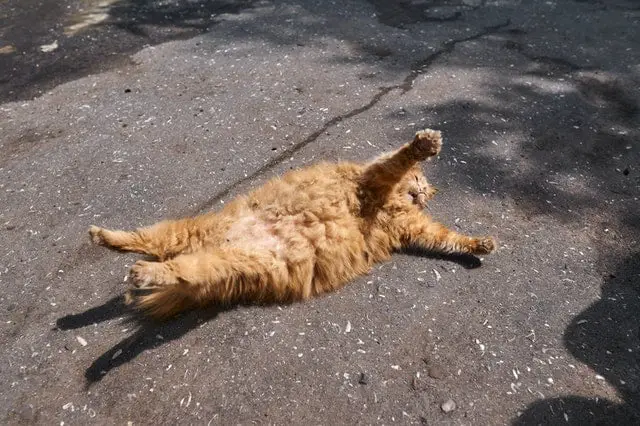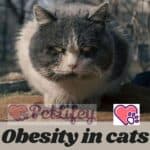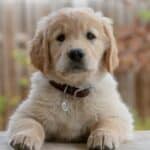
A fat cat, despite what they want to show you in the memes that pass through WhatsApp, is not a healthy animal. Most of these cats suffer the consequences, directly in their health and the problem lies in the sedentary life that most domestic cats lead, but there are many other factors that can influence. So, since we know that you are a person who loves cats, we are going to tell you some curiosities about obese cats. The objective is that this information that we give you, contributes to improve your care related to your health.
1. How many cats are overweight?
There are studies that indicate that 40% of cats are overweight. Some go further, and raise this figure above half the population. In any case, it is the cats that live in houses and lead a sedentary life that have a greater risk of gaining weight.
2. There are lifestyles that cats do not like.
Although today cats are easily tame animals and very grateful as pets, do not forget that, in fact, they have a hunting instinct .
Its nature consists of climbing, jumping and hunting. So if they substitute contemplative life for these stimuli, they may spend the day eating and dozing. The result is that they will get fat.
3. A global problem
Why does a cat get fat is not a question with only one answer. There is no simple answer to this problem. Broadly speaking, it depends on the ages, the races, the activities they carry out, the genders and the habits of the owners .
So forget about doing simple analysis. Your vet can help you find the ideal solution.
4. More prone breeds?
On the other hand, remember, as a warning to be more careful with the feeding of these animals and not resign yourself, that there are some specific breeds with a genetic predisposition to eat a lot or gain weight quickly, such as the following: Maine Coon , Sphynx , Neva masquerade, Bosque from Norway and Cornish Rex .
5. It is not just an aesthetic problem
As with people, although we attach importance to the image that obesity projects, it is linked to various health problems . Among them, we highlight the following: diabetes, arthritis, fatty liver, hip dysplasia, heart and circulatory problems, urinary complications … Therefore, if you want to prevent your kitten from suffering from these diseases, do not allow them to get fat .
6. Avoid overfeeding them when they are small
It is proven that overfeeding a small cat leads to obesity problems in the future, because it gets used to eating more than it needs. Your stomach will adapt to a high volume of food and you will tend to eat more than is recommended.
7. How can you check if your cat is getting fat?
As cats progressively gain weight and we live with them, we may not notice that they have been getting fat. Therefore, it is worth feeling them from time to time, and check if there is more accumulated fat.
In any case, you will benefit from the expert help of the veterinarian, who will confirm you by comparing it with some pictograms ( your cat’s waist should be noticed and there should be no accumulations of fat on the back, belly or upper neck ) if your pet has become overweight.
8. The healthy plan for cats
Indeed, it is based on two fundamental premises: a healthy diet with a balanced presence of all nutrients and the performance of moderate physical exercise. If one of the two fails, your cat is at risk of gaining weight.
9. Watch its weight, after sterilizing it
After neutering it, you have to take into account that the weight of the cats increases between 10 and 20%. It is time to watch your diet and avoid improper nutrition.
10. Diseases of a chubby cat
Obesity in cats is related to lameness, painful arthritis (the joints are subjected to greater weight), it can be noticed, because the cat does not dare to jump. It is also associated with diabetes, urinary problems, and fatty liver disease . All of them can be dangerous for them.
11. Less years of life
Recent studies confirm that an obese cat lives on average between 1 and 2 years less than a normal weight cat and may have a higher incidence in males.
12. Play more with your cat
In line with the healthy lifestyle guidelines that we have discussed and its hunting origin, your cat needs movement and you are going to have to encourage it to do so. We do not advise him to run with you, but you can participate in his ball games or chase him around the house with his favorite toys.
13. Eating while playing
There are feeders that “make it difficult” for the cat to eat its ration, in a compulsive way. Generally they are not substitutes for the usual ones, but they can be used at times when we are interested in eating slowly. These feeders also stimulate their intelligence, as they will have to find a way to get the feed out of the container to eat it.
14. What nutrients should your cat take?
When we mention the compensated presence of nutrients in the cat’s diet, we mean that its diet must be low in carbohydrates and high in quality protein .
On the other hand, a breed of large cat, such as the Maine Coon, does not require the same calories as smaller cats. Avoid as much as possible, feed with a high content of cereals and grain.
15. Move away from permanent food stalls
If you let your cat always have a bowl of food nearby, he will end up finishing it throughout the day, which will cause him to consume more calories than he should take. Therefore, we recommend that, as if he were a person, you take out its specific meals and then take them away (even if he has not finished them).
16. Hydration is essential
They should take cans with food that contains water, instead of dry food. Also, don’t skimp on the quality of these products, so don’t be put off by the prices. Water will also provide them with a feeling of fullness that will mean that they are not hungry and eat less.
17. Don’t give in to blackmail
Even if your cat makes you look sad, do not feel compassion. If you have already fed him, those whims will only make it gain those extra pounds that he does not need. This can be one of the key points to avoid being overweight.
18. You do not sit your cat at the table
We know you won’t, but we mean don’t share your food with it. Keep in mind that your bites are large for this animal and some of our dishes do not suit them, some can even be toxic .
19. Is your cat fat? Control the weight
As if it were a person, you can weigh it on a scale. This precaution is essential, since it is easier to prevent overweight than to cure obesity.
20. Miracle diets won’t work
We give you another tip that is also applicable to humans. Rapid weight loss in cats can be very harmful to them, they could even die from liver lipidosis. Be wary of anyone who tells you that a cat can lose weight quickly, for example, with shakes (there have been cases).
This is very dangerous for your health, so we ask that you always go to a veterinarian or animal nutritionist, to advise you on what is the most recommended according to the age, breed, sex and health of your cat.
In short, now that we have confirmed that a chubby cat is not a happy cat, let’s hope you put into practice the remedies to avoid its overweight that we have provided. In general, obesity is a problem that we humans generate in our coexistence with them.
The most important part of overcoming obese cats is to recognize that there has to be a short period of a cat’s life in which meals are not the reward that the cat is waiting for.







